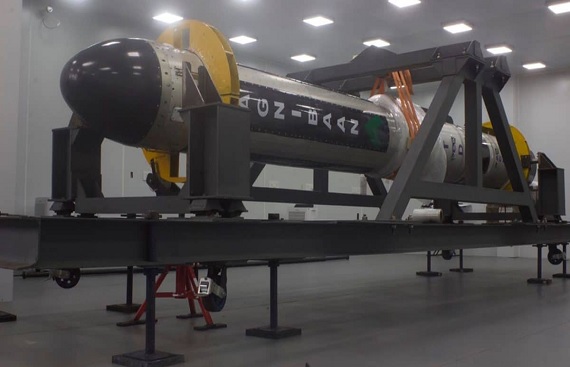Agnikul Successfully Test Fires 3D-Printed Rocket Engines

- Tests two electric pump-fed 3D-printed rocket engines simultaneously
- Prepares for Agnibaan SOrTeD, India’s first 3D-printed engine rocket launch
- Uses proprietary tech to improve thrust control and manufacturing speed
Indian space startup Agnikul Cosmos has successfully test-fired two fully 3D-printed, electric pump-fed rocket engines simultaneously, an important milestone ahead of its upcoming launch.
The engines, powered by electric pumps instead of traditional turbopumps, allow for precise thrust control through software. This innovation offers smoother engine performance and greater reliability when running multiple engines together.
Agnikul’s engines are made using their unique Agnilet technology, which prints the entire engine as a single piece, eliminating joints and potential leak points. This design shortens production time, helping the company push toward faster, on-demand launches for small satellites.
The test brings Agnikul closer to launching Agnibaan SOrTeD (Suborbital Technological Demonstrator), set to be India’s first rocket powered entirely by a 3D-printed engine. Agnikul operates from India’s first private launchpad and mission control center in Sriharikota.
Also Read: Thrustworks Dynetics Raises Rs 7 Crore to Boost Rocket Propulsion
The company announced the success on X (formerly Twitter), highlighting the advanced control and precision made possible by its engine design and in-house software.
With this achievement, Agnikul solidifies its position among global private space startups driving innovation in rocket propulsion and strengthens India’s growing role in the small satellite launch market.

